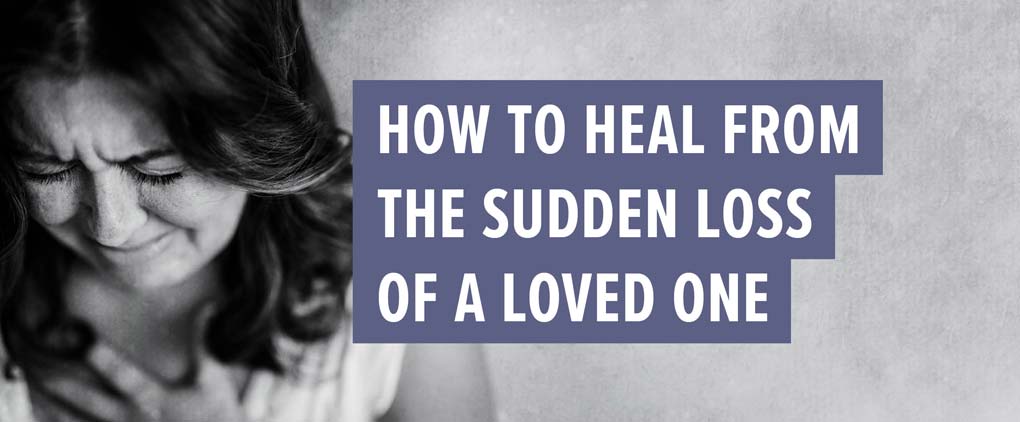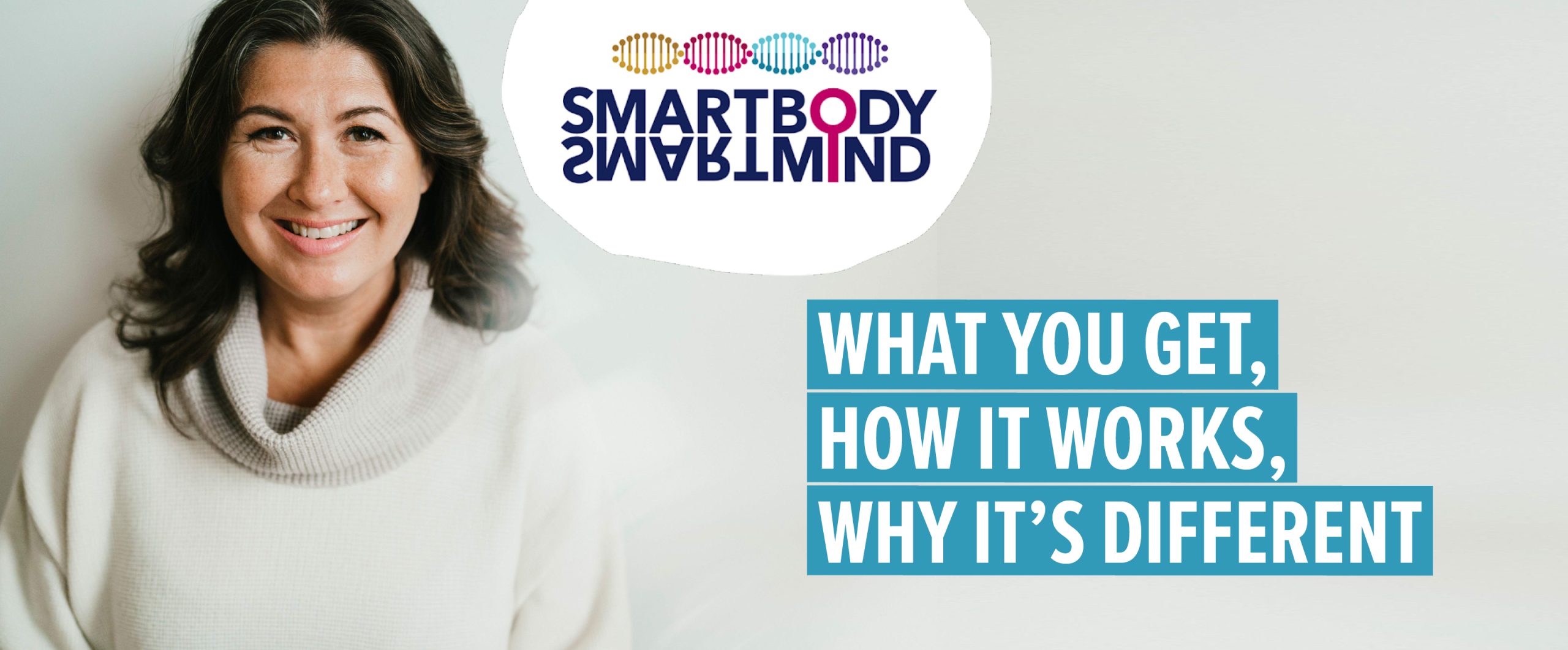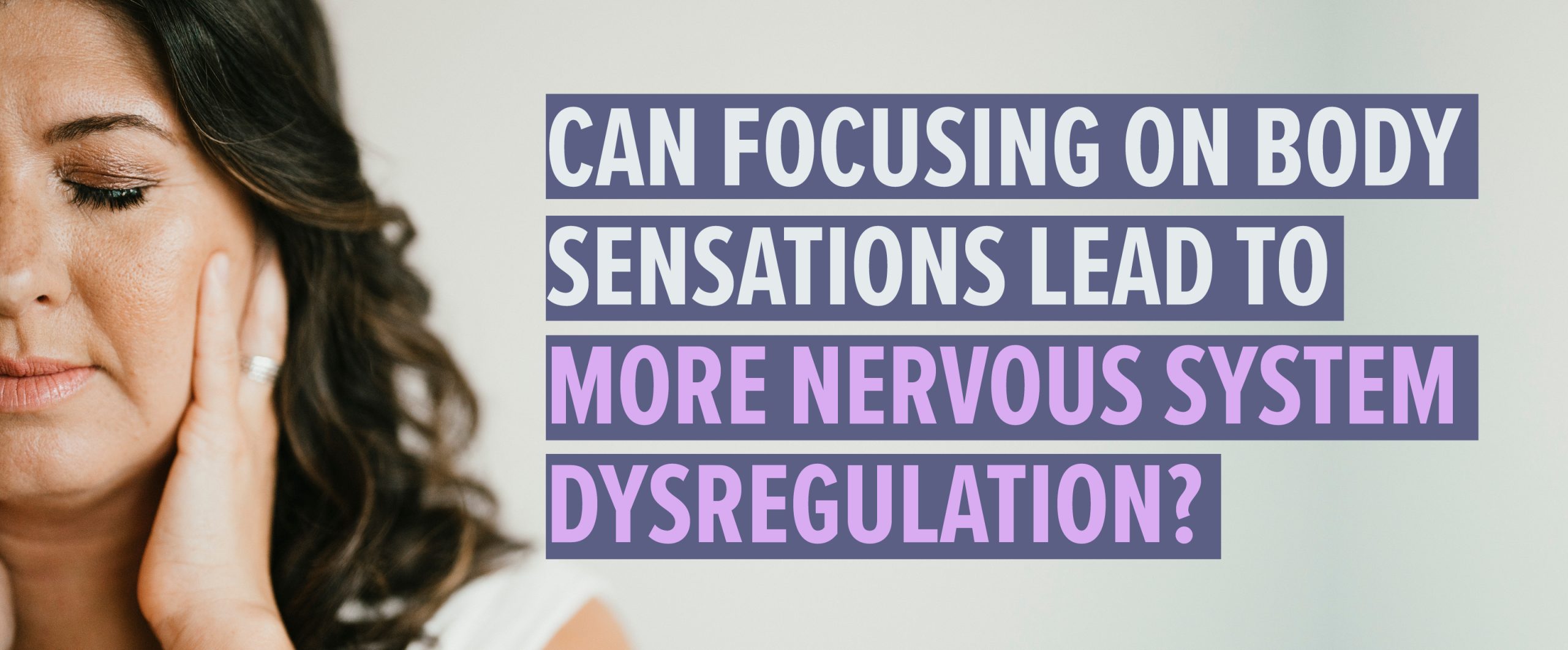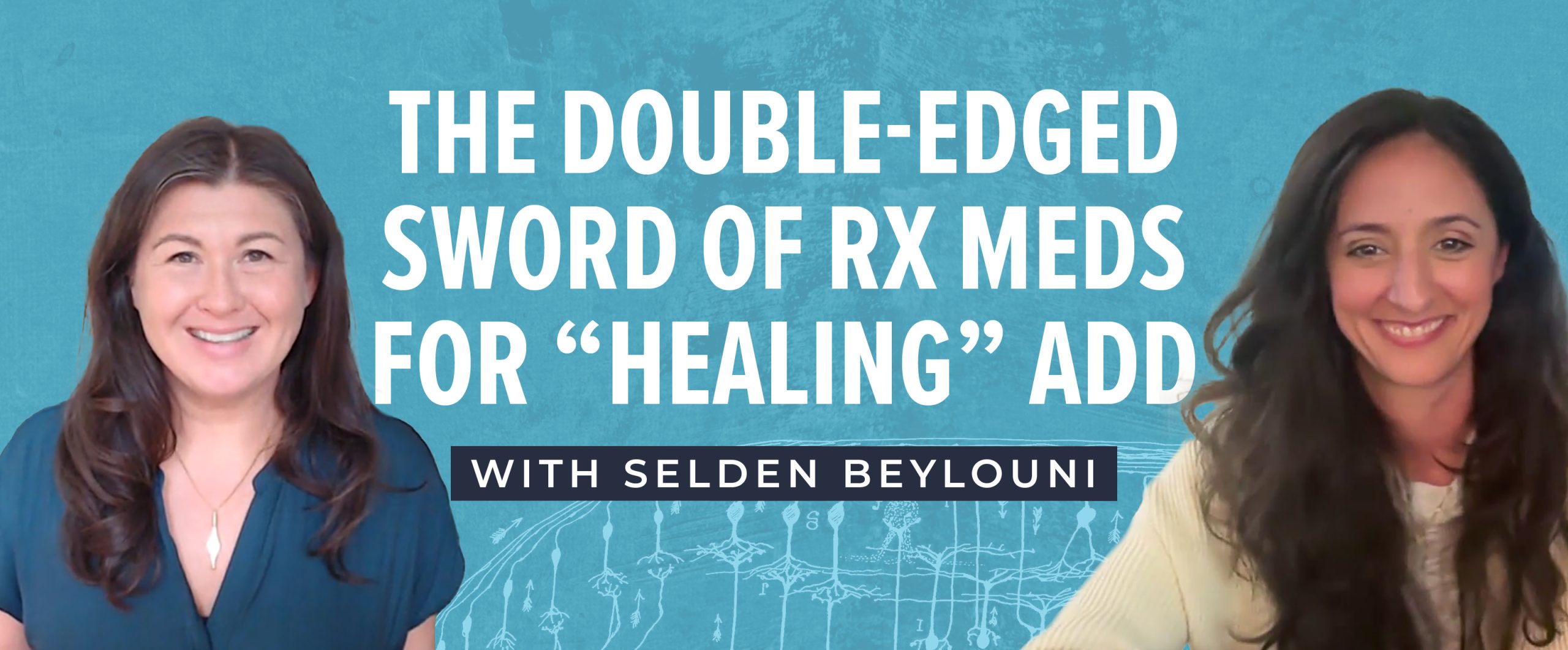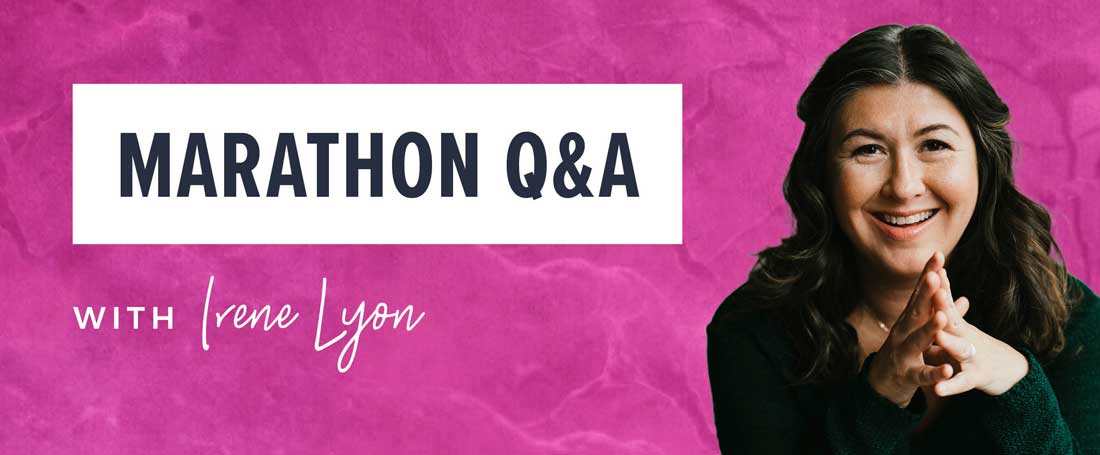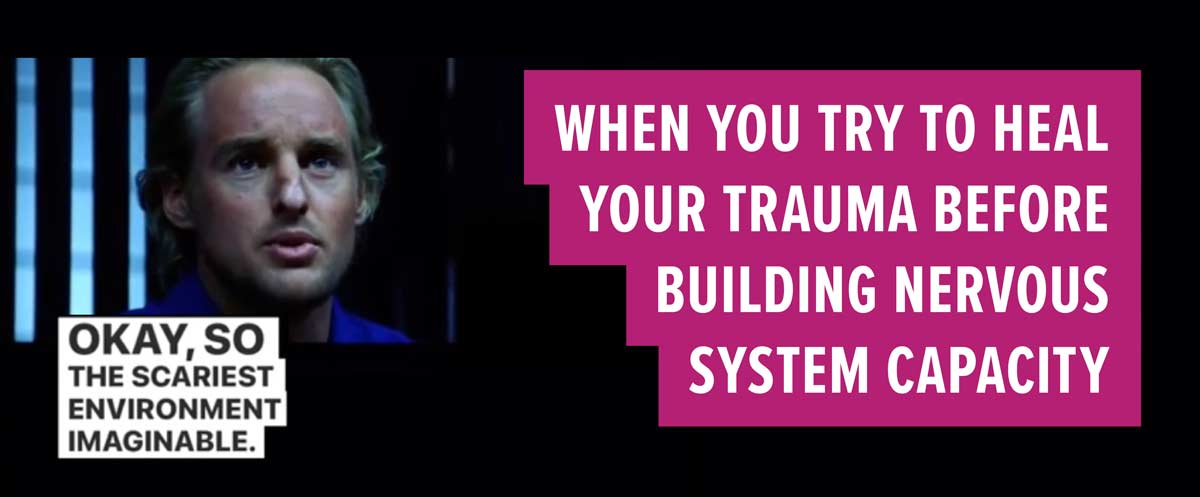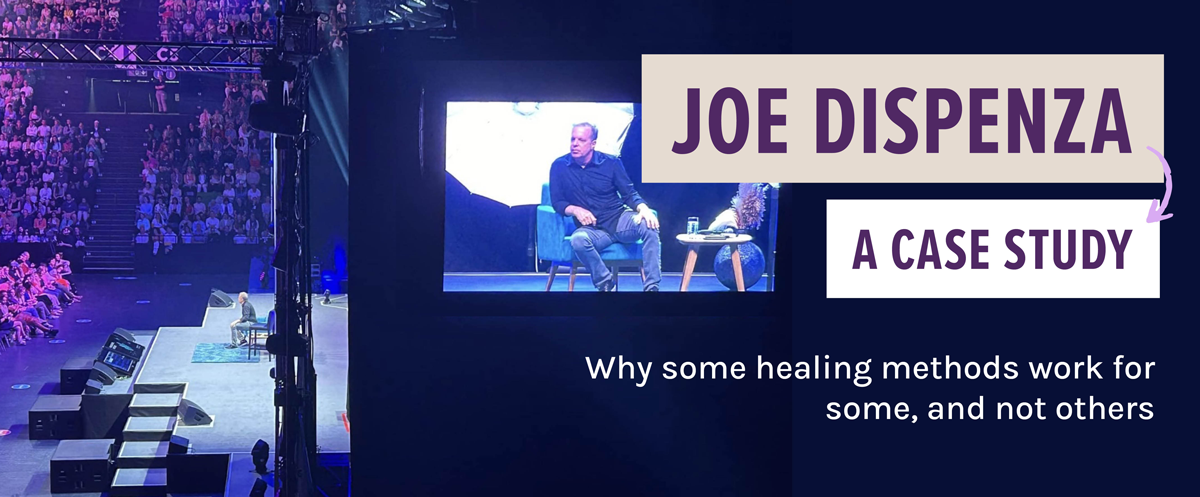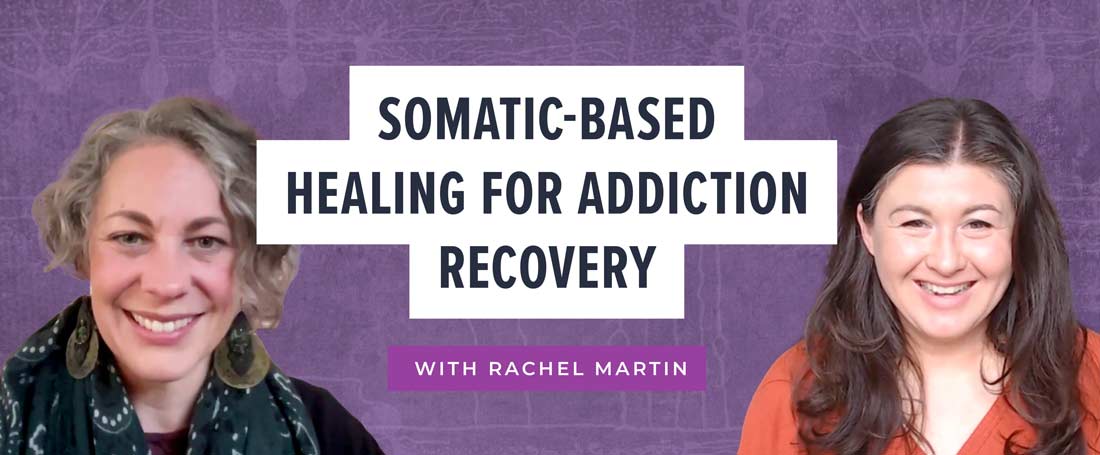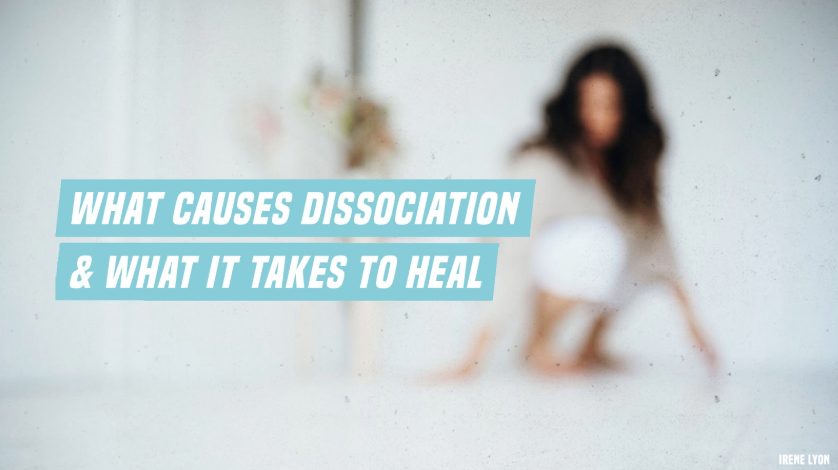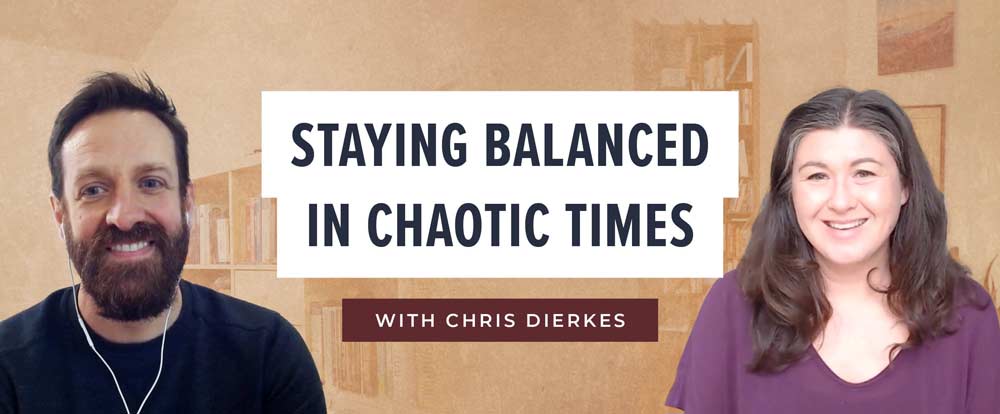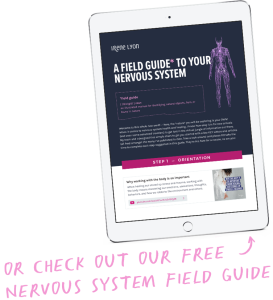It goes without saying that the sudden loss of a loved one is beyond tough.
Even tougher: the loss of a child.
Recently, I was asked this question on Instagram:
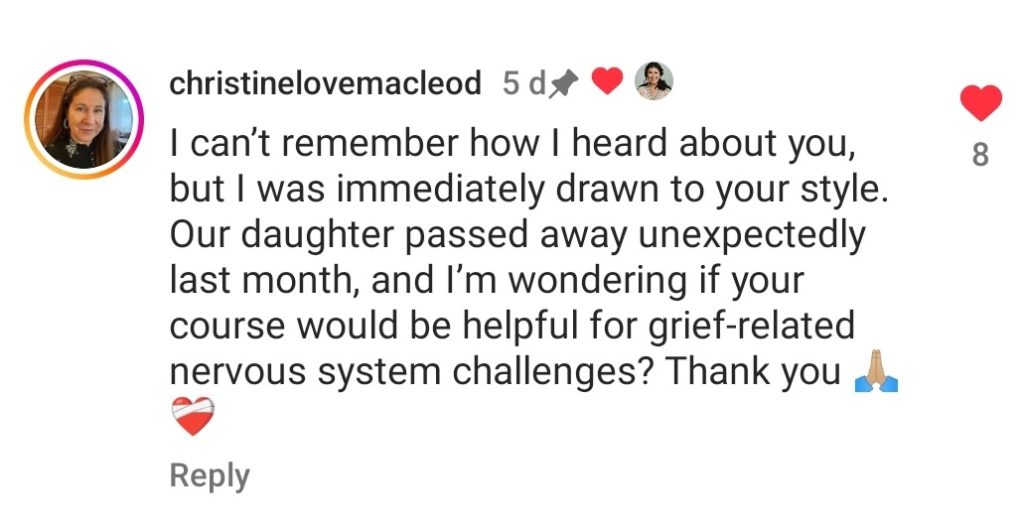
In this new video I answer this question: How do I heal from the sudden loss of a loved one?
To supplement this week’s video, I wanted to share two more things:
1 – This quote from Gabor Maté via his seminal book, When The Body Says No, tells why working with our physiology is essential:
“Awareness also means learning what the signs of stress are in our own bodies. How our bodies telegraph us when our minds have missed the cues. In both human and animal studies it has been observed that the physiological stress response is a more accurate gauge of the organism’s real experience than either conscious awareness or observed behavior.”
2 – Plus, an article I wrote on sadness that breaks down the two kinds of sadness—nutritive and biological. This article is for those who know sadness can be their default emotion. While it is important to feel and express its sensations so we can heal and integrate loss (i.e. nutritive sadness), we don’t want it to become our entire experience (i.e. biological sadness).
To wrap up…
This latest video explains why it is imperative to move through not only sadness, but other emotions like anger and rage, which are often felt as high energy, gut-wrenching sensations that when not processed and released can make us sick (cue Gabor Maté’s book, When The Body Says No).
I want to send anyone reading this who is also in the midst of experiencing the sudden loss of a loved one (or loved ones) deep empathy during this intense time of mourning.
I hope the education and guidance I’ve shared here will offer a flicker of hope for moving forward with as much connection to self and regulation as possible.
Reminders and resources I mention in this vlog:
► Orienting:
What the heck is orienting? (and why is it so important?!)
What do you do when you have unresolved trauma? Two types of orienting.
► When the Body Says No by Gabor Maté
► Titration:
Titration explained: never rush trauma healing
Titration. Why it’s important when HEALING trauma. Special Topic Lecture with Irene Lyon

